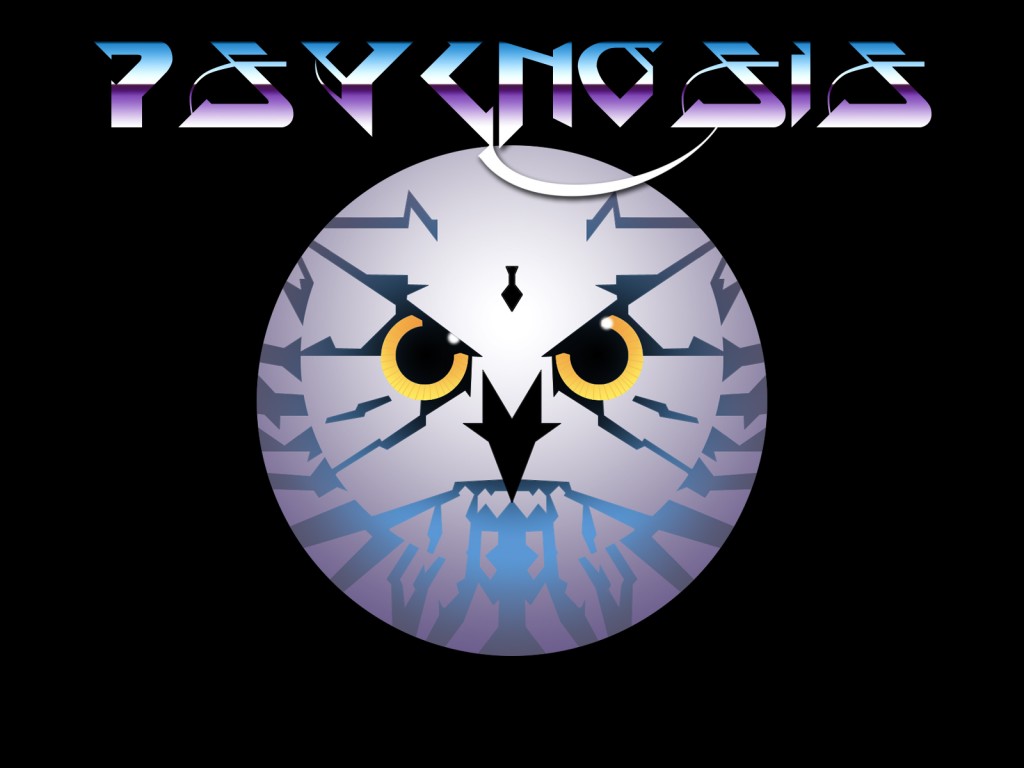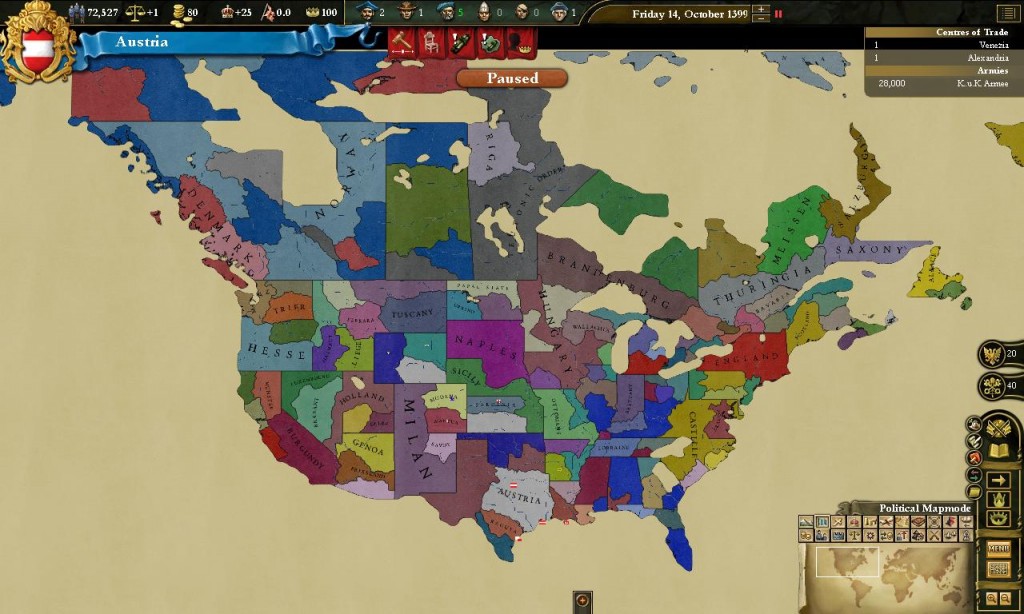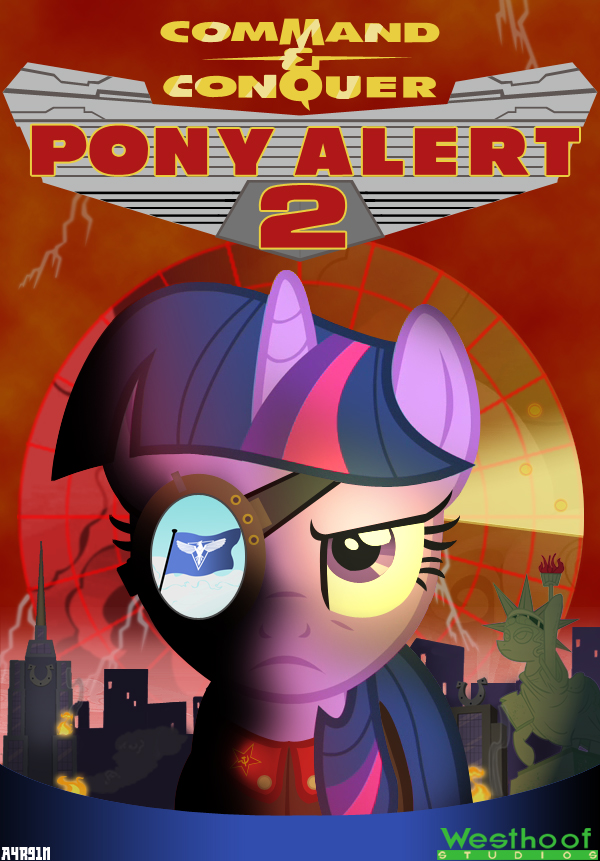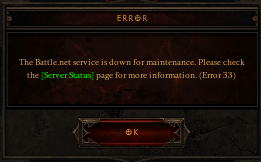I only just heard the news now, but apparently the word came down from on high at NCSoft last week – City of Heroes is being shut down.
Now I’ve really got two separate but related topics in mind here, the first of which is City of Heroes itself and the second of which is gaming companies and their attitudes, so this post might be a little longer than usual as I delve into both. I do apologize to those who prefer snappier posts but I only have so much control over my sesquipedalian loquaciousness.
Long ago, I played City of Heroes back when it was very new. Before the first ‘Issue’ (as they call their patch-expansions) even came out. It wasn’t a perfect game by any means but it was a great deal of fun, with an obviously massive amount of care and love put into it. Along with FFXI it was my first MMO, and it’s one that’s stuck with me since even if I haven’t played in a good long time. It still has an active community today (Though not for much longer, obviously) and it’s pretty sad to see how surprised and shocked everyone was by this news. It really came from nowhere and I’d hate to think about a community I’ve been part of for years just being unplugged.

When I say people were shocked and surprised, it should be noted that this seems to have included the actual devs at Paragon as well. One day things were fine, they were excitedly discussing the next issue and their plans for the future, and the next they got a phone call saying to wrap it up, the show is over. There was no forewarning, no discussion, not even a hint of anything like this coming until NCSoft made the call. NCSoft have had a terrible year so far, in large part because they were banking on Guild Wars 2 being a success (and by all accounts it, monetarily at least, is). They’re also insisting on keeping Aion limping along even though who the hell plays Aion. But City of Heroes, a steady game with an active fanbase, and in the green? It gets cut. Apparently NCSoft don’t see as much of the money from CoH as they do from other games, presumably because of something in the arrangement when they handed it from Cryptic over to Paragon, and this warrants ending the game and closing the studio.
I don’t want to get into a big ol’ anarcho-syndicalist rant here (actually yes I do but) but it seems to me like certain people, both within gaming and without, could stand to take a longer-term look at their income sources. Something doesn’t have to beat a Hollywood blockbuster to be worthwhile; look at Paradox Interactive. Their games are never going to outsell Halo and they know it, but they’re not dumping their core franchises for this. They’re carrying on, making investments some of which work out (Darkest Hour) and some of which don’t (Magna Mundi), but they’re not sacrificing beloved games like Europa Universalis in order to try and beat Modern Warfare 4 to market. City of Heroes was still making money, and even if the projections suggest that will stop, they could have at least had the decency to A) give the devs some forewarning and B) give them time to put out a final issue to wrap up loose ends. Give both Paragon and the game’s players some respect, in short.
Of course we all know that gaming is not a business to get into, even if you love games. It’s a long, hard job with absolutely stupid hours, atrocious pay, filled with nepotism and hierarchies, and with companies run by either college kids who happened to get lucky in the 80s and never learned proper business, or by businessmen who don’t know the first thing about videogames. Except Valve. Valve is actually a great place to work, apparently – and it shows.








